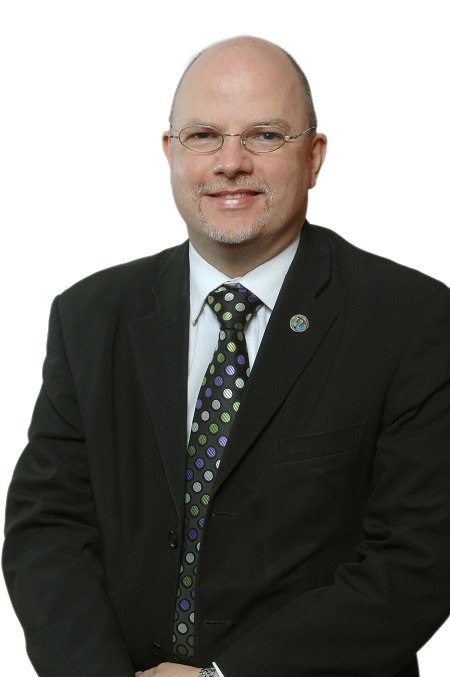As students return to the campuses of the North-West University (NWU), the university is moving to the next stage of teaching and learning.
This entails piloting a hybrid-flexible (HyFlex) approach that enables simultaneous face-to-face and online teaching and learning. In short, this means that students can participate either in person or at another time and, through eFundi, access recordings with advanced searching, tagging and assessment facilities on the Panopto lecture-capturing and video-content management platform.
According to Prof Robert Balfour, vice-chancellor for Teaching and Learning, the development of HyFlex capacity at the NWU is the logical next step to take as all contact students have been returning to campuses.
“The development of HyFlex capacity should not be perceived as a new world or potentially a disruption, but rather as the next phase of what staff already know in terms of using technology for online and contact learning, pre-Covid-19 and during the pandemic.”
What does the piloting of a HyFlex approach entail?
Robert says to enable the HyFlex approach, 80 venues across the NWU have been fitted with state-of-the-art technology that includes follow-me cameras, wireless microphones and the necessary computer software to live-stream, capture and store lectures.
“The venues had to be digitally transformed in 2021 for this pilot project to take place. A huge part of this transformation entailed new developments around HyFlex capacity that had already been used by selected universities in South Africa.”
Robert explains that a HyFlex venue must be equipped for use as a face-to-face or a purely online digital classroom, or both. It should also be suitable for group work, as well as for traditional lecture-type transmission.
The pilot venues have been fully equipped to do just that. The HyFlex pilot project makes use of the dedicated venues (others will continue to be added in the course of the year) for selected modules during 2022. This ensures an enhanced experience for students and academic staff.
All this is the result of careful but fast planning on a large scale, with the NWU’s Information Technology (IT) department and the Centre for Teaching and Learning (CTL) working closely together since November 2021 to ensure fully hybrid-capacity venues.
The follow-me cameras allow for limited movement by the lecturer and automatically follow their movements. A wireless lapel microphone is connected to the sound reinforcement system, as well as to the video-conferencing and recording systems.
“Instead of just working with faces on a screen and a lecturer sitting and talking to a camera, technology now enables the lecturer to walk around to different groups of students in the venue or to walk around in the lecture hall in order to implement collaborative and cooperative learning. This contributes to a more engaged student experience,” Robert says. The camera tracks the lecturer’s movements to give students who are online a sense of interaction with someone who is not just a face on a screen.
Why piloting and not rolling out on a mass scale?
According to Robert, there is research suggesting that hybrid teaching and learning spaces are only really effective when utilised for this specific purpose.
“Not all our classes will be hybrid. The majority will be face-to-face, in person, with only these 80 venues being reserved for those lecturers who would like to pilot the hybrid experience.”
It is also very expensive. “If you have to invest in technology in a space and reconfigure that space in a multifaceted way, it is better that you spend some time exploring what the most effective and cost-efficient technology will be, rather than investing in the most expensive technology available.”
What about students and staff not making use of the pilot HyFlex venues?
Most of the in-person classes on the NWU’s fully packed timetable also require the additional provision of online material. Students not scheduled to be in a particular in-person session in this semester can then still follow the curriculum and participate in a subsequent in-person session, or be in touch in person with their lecturer.
Lecturers have also arranged for students to meet in groups to complete assessments or assignments. The point of asking students to return is to re-establish in-person contact between academics and students and between students, because the NWU recognises this is critical to the student experience of teaching and learning. Faculties have organised contact in a manner that ensures that all students have access to it, and that it contributes to the student experience.
Training of academic staff
CTL has created an eFundi site for the HyFlex training of academic staff. The HyFlex Academic Staff site provides background information on HyFlex learning provision, the use of technology and lecture capturing.

Prof Robert Balfour.
